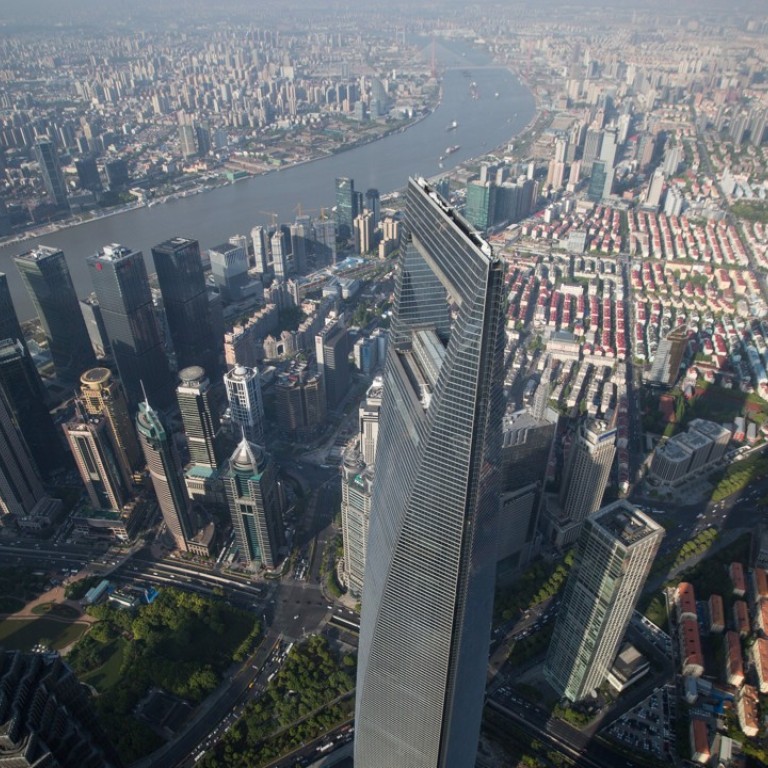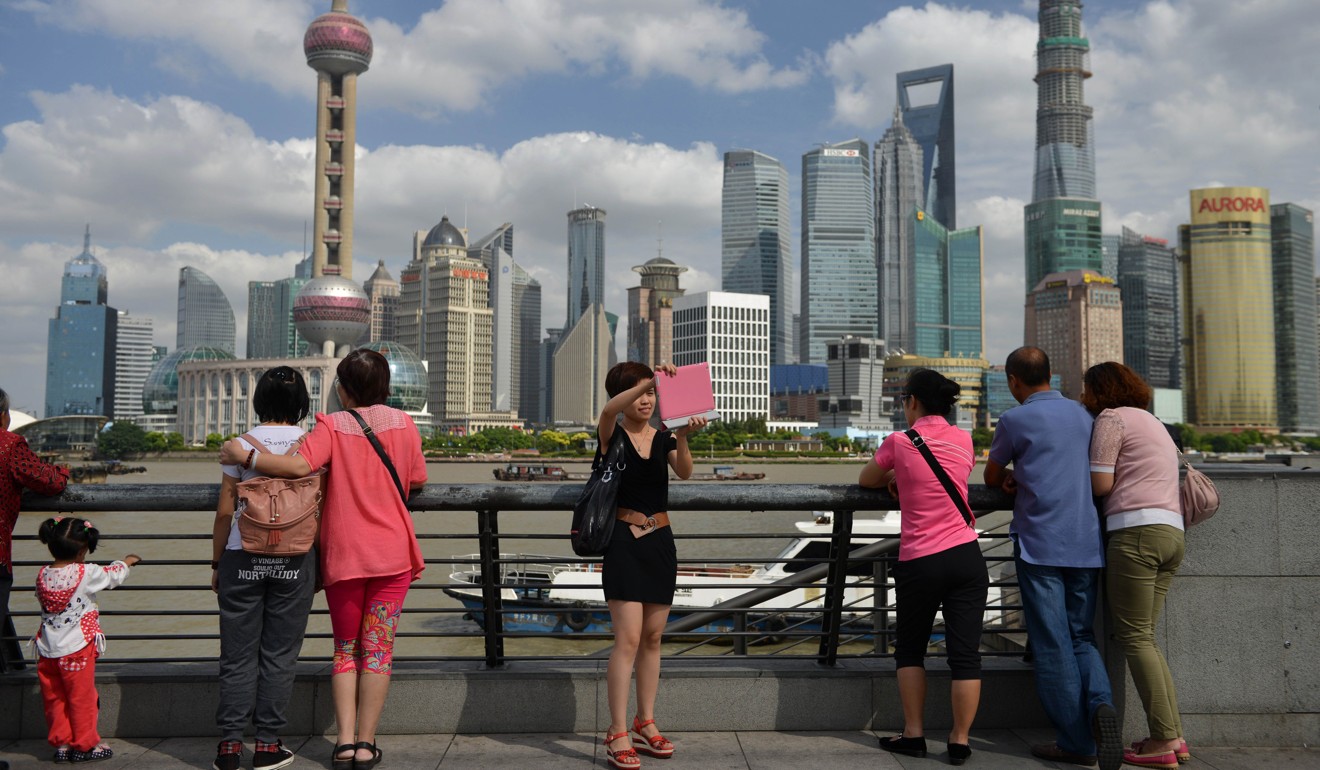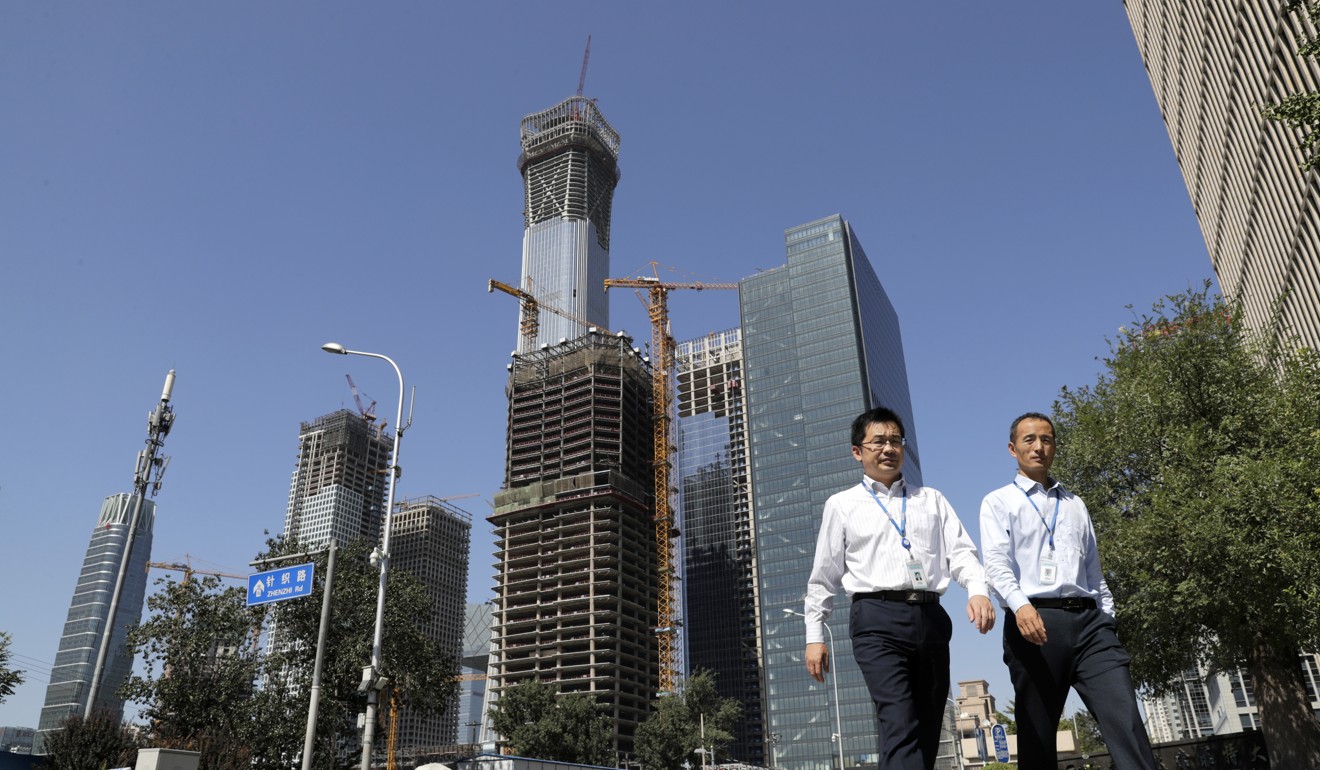
Foreign investors are stepping into China’s real estate, propping up a market where local companies were once king
Foreign investors are playing a bigger role in China’s commercial real estate sector, partially filling the gap as mainland Chinese investors scale back their presence amid Beijing’s deleveraging campaign.
Foreign investors also seem to have the upper hand in terms of financing for the first time in a decade, accessing cheaper funds overseas – and the backing of an investor base content with a longer investment cycle.
However, questions remain whether foreign investors can fully offset the new caution of their mainland counterparts – a tall order given the tendency for China’s domestic developers to take on highly-leveraged deals that enabled them to outbid foreign competition for the past decade.
“I see increased interest in China. A few years ago foreign investment in China were mainly opportunistic. Now they demand a lower return, and the investment strategy aligns with global asset allocation demand,” said Stanley Ching, senior managing director of Hong Kong-based Citic Capital.

United States private equity group Blackstone in June raised US$7.1 billion for its second Asian real estate fund and an additional US$2.3 billion for a regional buyout fund, the first of its kind in Asia by the firm. Singapore’s sovereign wealth fund GIC and the Canada Pension Plan Investment Board have also launched funds with local developers to acquire rental apartment projects.
“Some foreign investors are active in a few blockbuster projects in Shanghai. This will reflect in the transaction data in the fourth quarter and next first quarter, but the number of deal remains small,” said Eddie Ng, managing director of JLL East China.
Beijing and Shanghai will see a flurry of big deals in coming months, according to industry insiders. Singaporean funds GIC and CapitaLand will jointly buy Star Bund Centre, a 263-metre twin-tower in the emerging North Bund Area in a deal worth more than 10 billion yuan (US$1.45 billion) deal, according to a source with a Shanghai-based foreign institution.
Last week, PAG Asia Capital’s real estate fund offered US$670 million for the remainder of Hong Kong-listed Spring Reit. The offer represents a 62 per cent premium its closing price ahead of the announcement. China Central Place complex in downtown Beijing is an anchor property of Spring Reit.
According to Cushman Wakefield, outlays by domestic Chinese investors on whole-building acquisitions fell by 18 per cent in the first half from a year earlier.
Meanwhile, foreign investors accounted for 19 per cent of the 121 billion yuan channelled into commercial property in the first-half, up from 15 per cent in 2016.
Cushman Wakefield’s head of Capital Market North China, Gordon Liu, said foreign buyers will help to stabilise whole-year investment at or above the level recorded in 2017, accounting for 20 to 25 per cent of transactions.

CBRE’s director of investment advisory services, Frank Fa, forecast an uptick in foreign property transactions in the second half of 1.5 to 2 times compared to the first half.
However, not all analysts believe that foreign investors can take up the slack left by their mainland counterparts.
The number of overseas institutional investors active in China remains relatively small.
The scarcity of attractive properties available in leading cities and price levels which have failed to soften amid the credit crackdown do not bode well for transactions in the second half, according to a number of local and foreign dealers.
“I don’t see a fire sale and in Beijing and Shanghai,” said Wang Yutao, president and CEO of ZRiver Capital. “A few ongoing deals I know remain expensive, and it is difficult to negotiate terms.”
Underscoring the strong demand, marginal discounts of as little of 5 per cent are enough to bring out “a long line of bidders,” according to Cushman’s Liu.
LaSalle Investment Management managing director Chris Chow said prices remain firm in buildings that do not require upgrades to facilities and which have a solid base of premium tenants.

